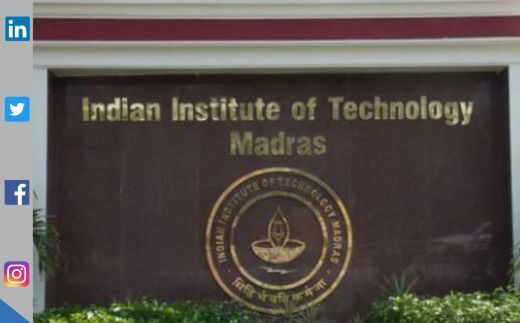Over 18,000 Work Permits Granted in 2023 by Ireland
Ireland’s Employment Landscape: A Comprehensive Analysis of Over 18,000 Employment Permits Granted in 2023 In a significant development, Ireland has issued a notable number of over 18,000 work permits within the first seven months of… Over 18,000 Work Permits Granted in 2023 by Ireland







